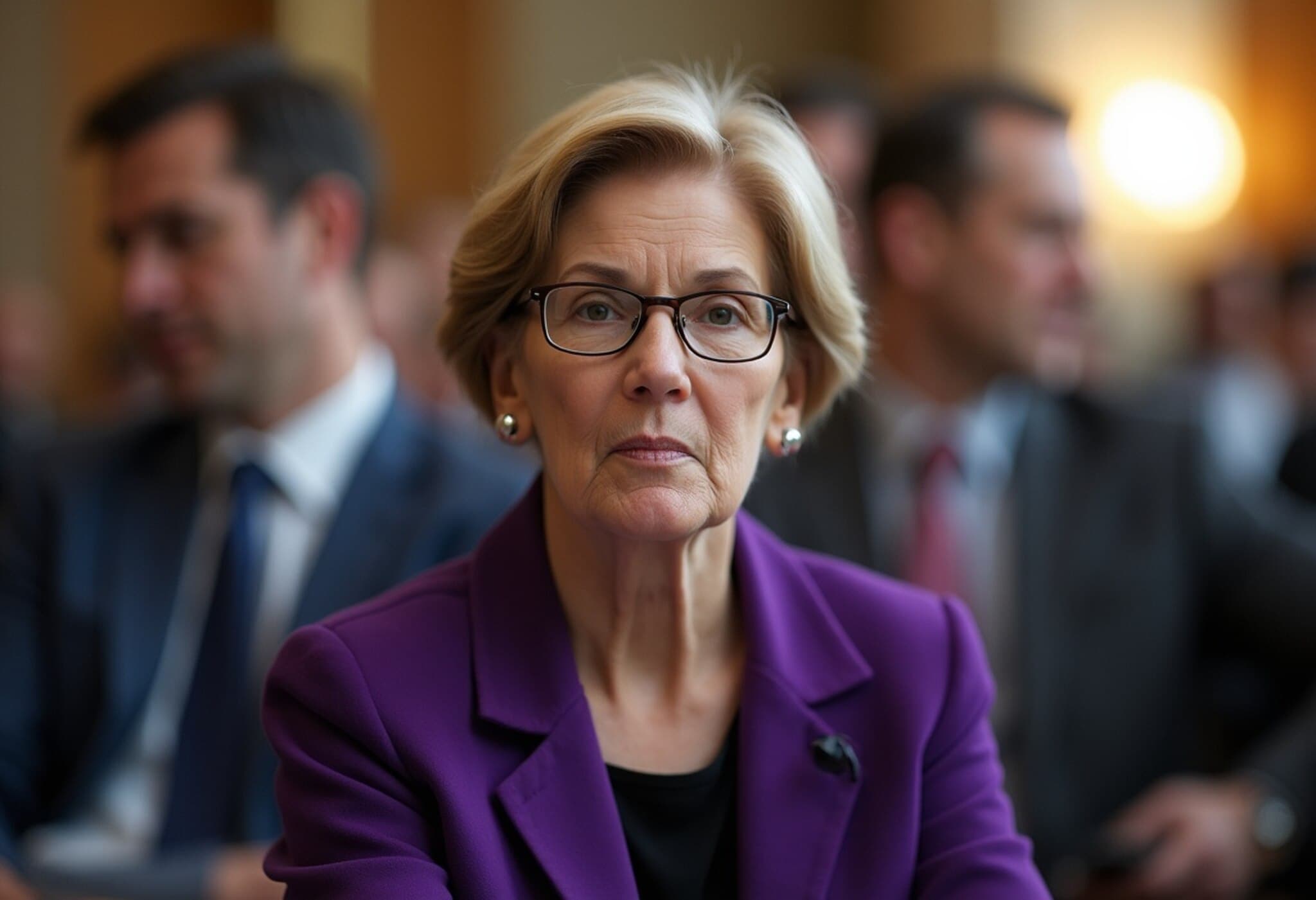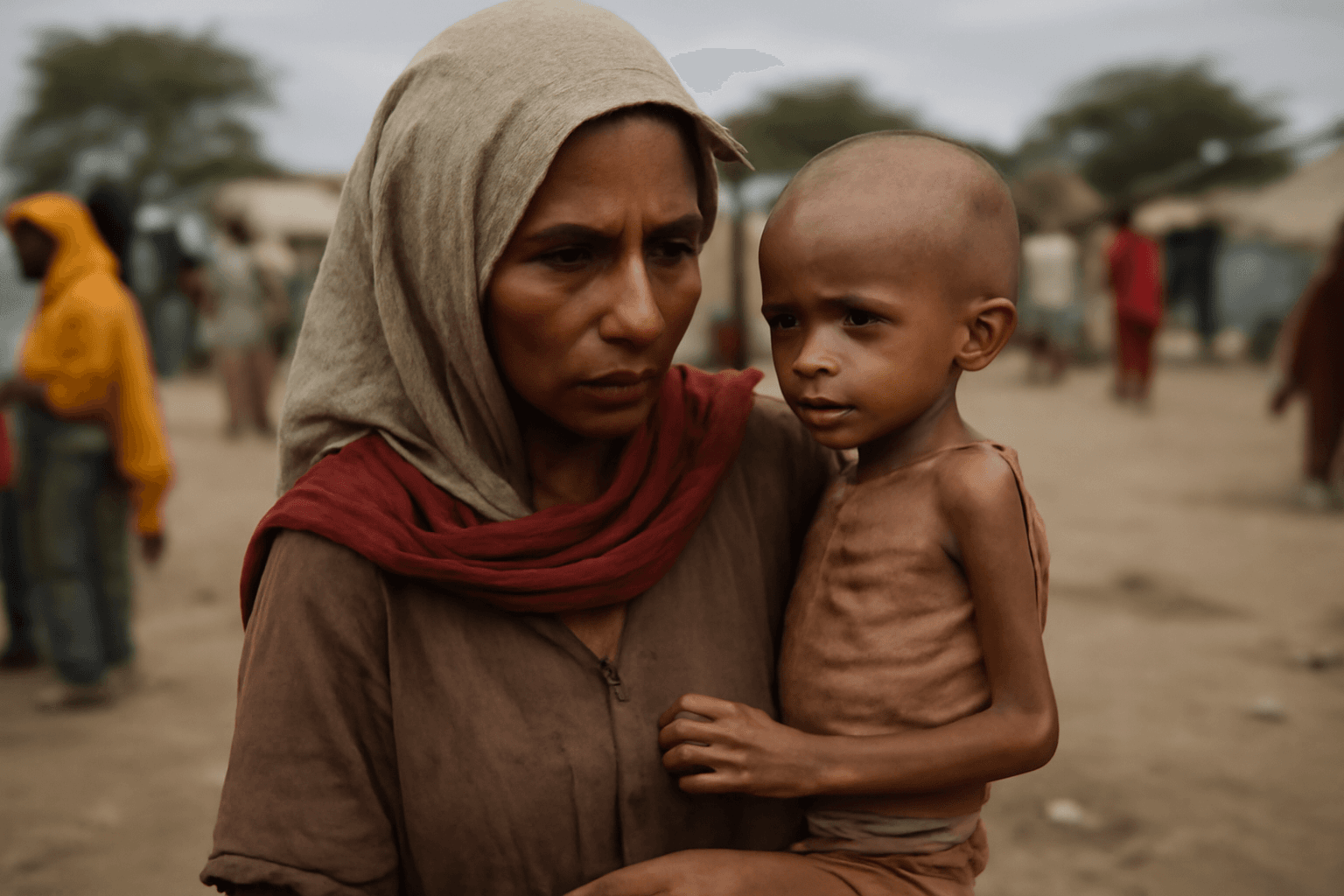In a narrow 215-214 vote, the House of Representatives approved President Donald Trump's extensive domestic policy package known as the "One Big Beautiful Bill." This over 1,000-page legislation, designed to advance the administration's economic and fiscal objectives, now proceeds to the Senate for further consideration and potential amendments.
A particularly controversial element of the bill tightens work requirements for recipients of the Supplemental Nutrition Assistance Program (SNAP). It mandates that parents of children aged 7 to 17 must work at least 80 hours per month to maintain benefits. However, married couples with children in the same age range are only required to have one parent meet this threshold, a disparity that has sparked concerns regarding fairness.
Critics argue this provision disproportionately burdens single parents—who represent approximately 80% of single-parent households—with balancing employment and childcare responsibilities. Homeless individuals, veterans, pregnant women, and those under 18 or over 64 remain exempt from these work requirements.
Ed Bolen, a senior policy analyst at the Center on Budget and Policy Priorities, remarked, "Subjecting a single mom to work requirements while a married mother in the same situation does not have to, reveals a significant inequity in this policy." Carolyn Vega, associate director of policy at the nonprofit Share Our Strength, emphasized that while some leniency is granted, it only extends to certain types of parents, creating an uneven playing field.
The White House frames this provision as an effort to encourage parents, predominantly women, to remain at home to raise children. President Trump, in a recent Mother's Day message, expressed his commitment to enabling families to achieve a high standard of living on a single income.
Experts highlight that although children may remain eligible for SNAP benefits, restrictions on adult recipients can jeopardize overall household food security. The reduction or loss of benefits for adults often diminishes the total resources available for families, increasing the risk of food insecurity.
As the bill moves to the Senate, further debates are anticipated regarding the implications of these provisions, particularly their impact on vulnerable families relying on SNAP assistance.



















